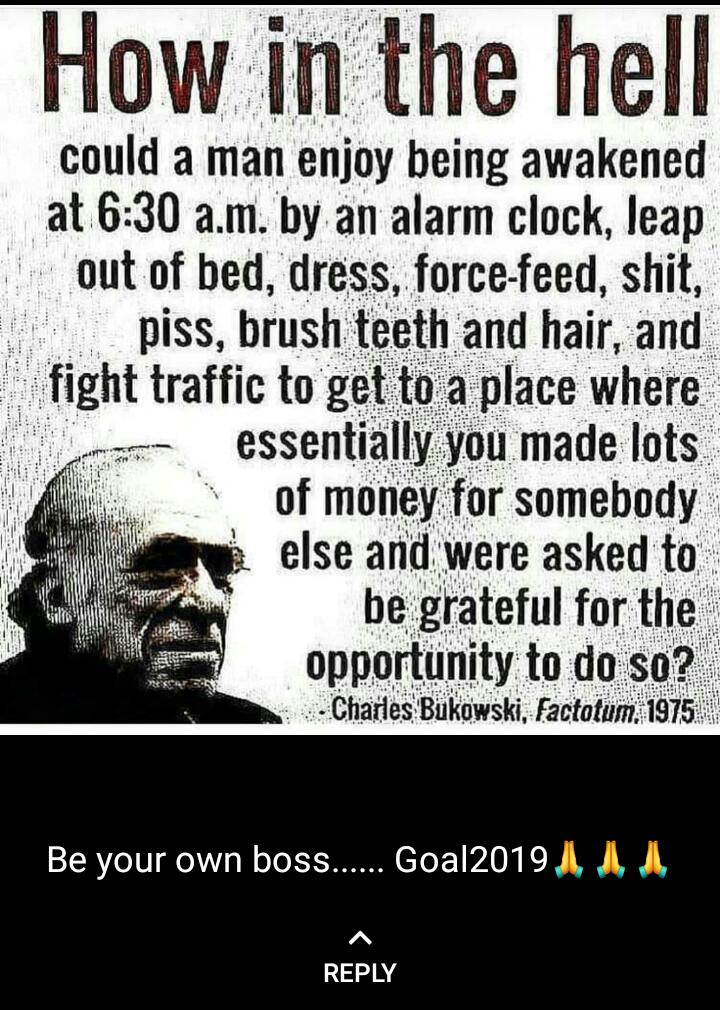So people could see I’d achieved something. I’d got my dream job, and I wanted to be congratulated for it in the form of likes & RTs
By posting it online you don’t need to tell anybody else, everyone knows, and the people who care enough will get in contact. It can be really cathartic to have people reaching out and supporting you.
Back in the days when Instagram used to list usernames as opposed to a number when a post received less than 11 likes, she recalls how she’d delete any picture that didn’t make it to 11.









